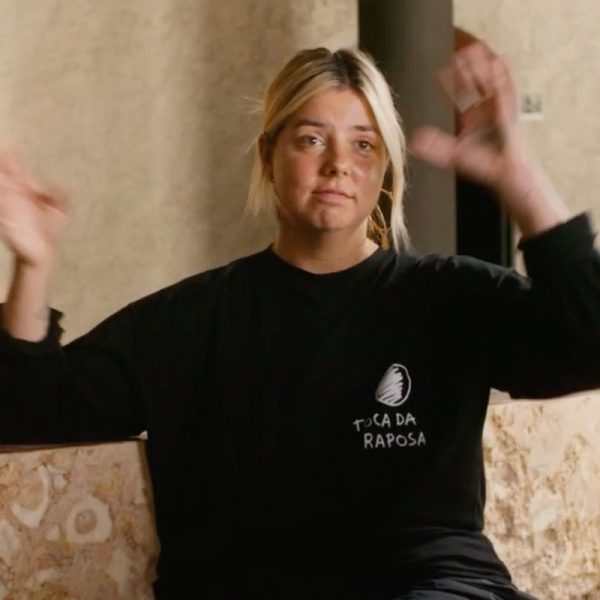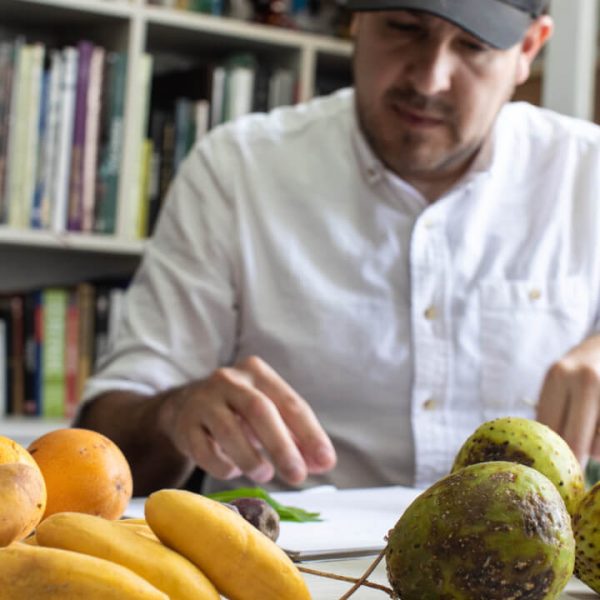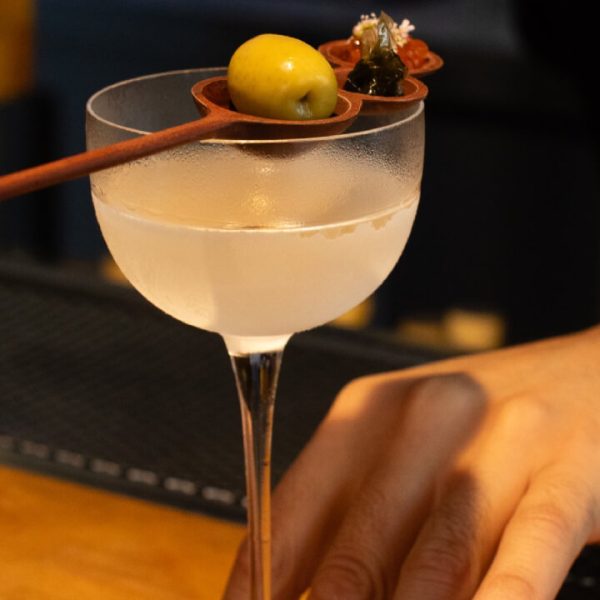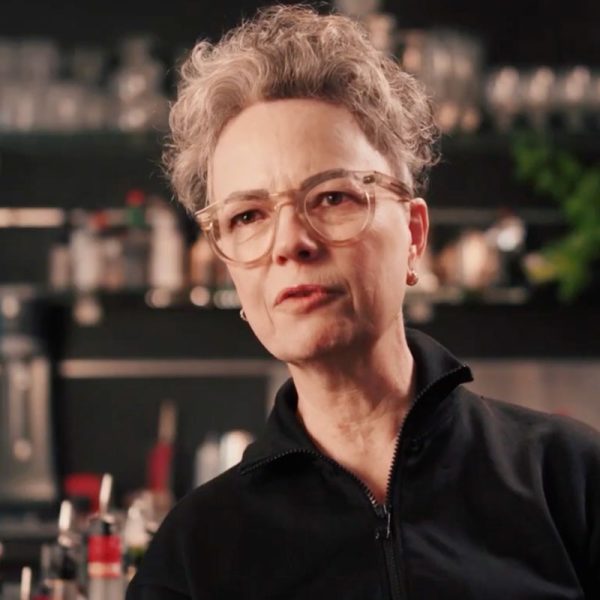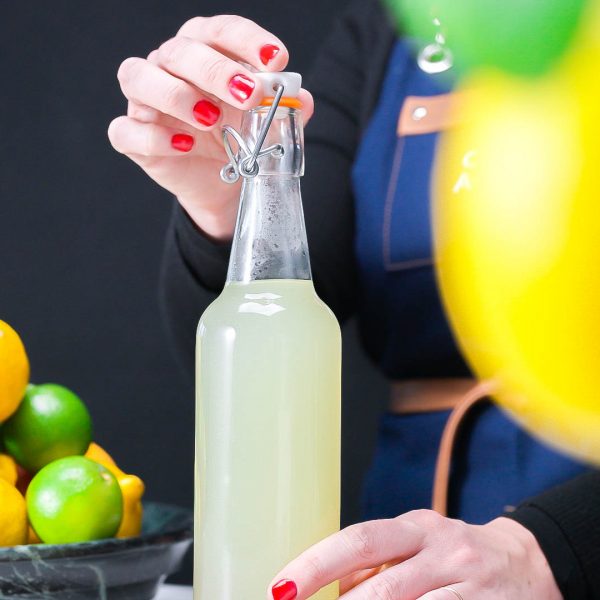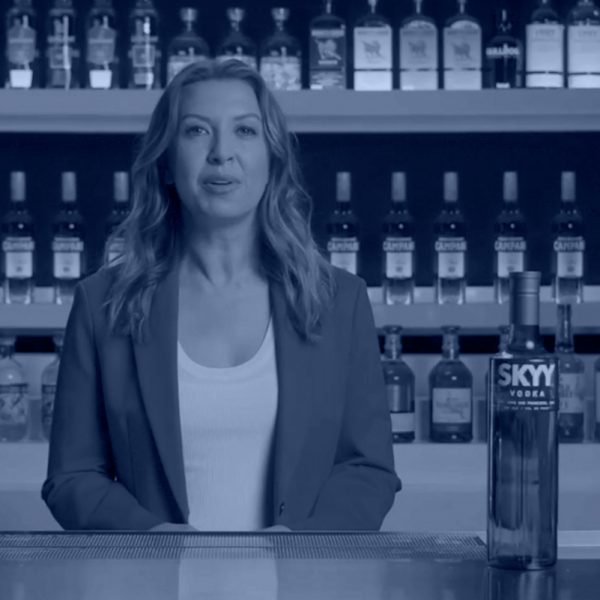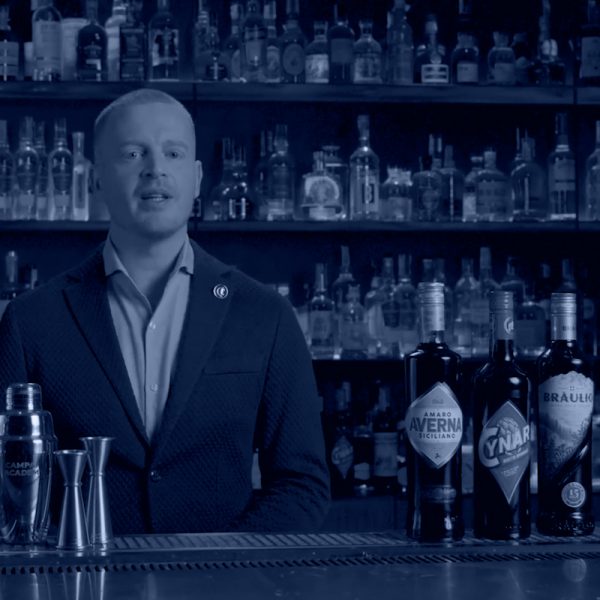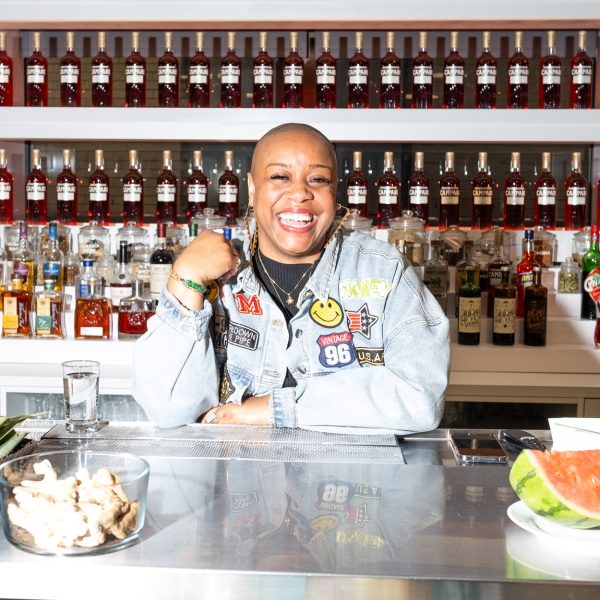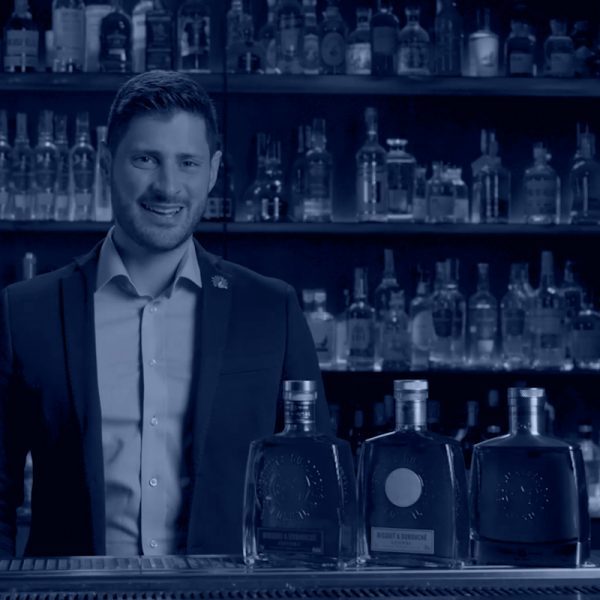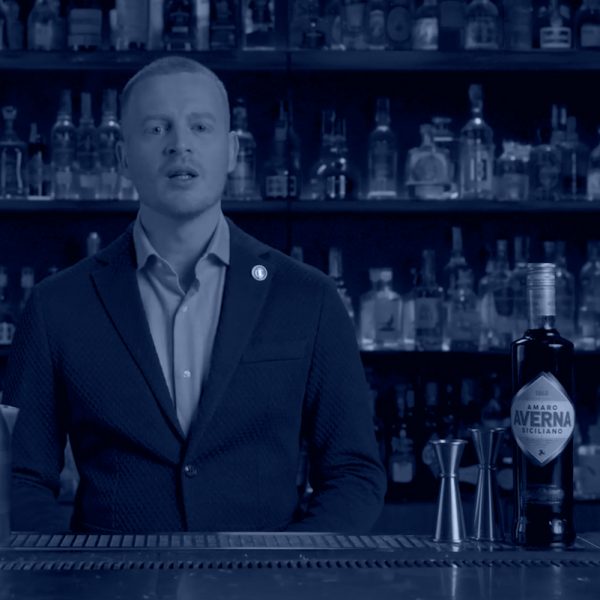Balancing Act: Finding Wellness Within The Industry
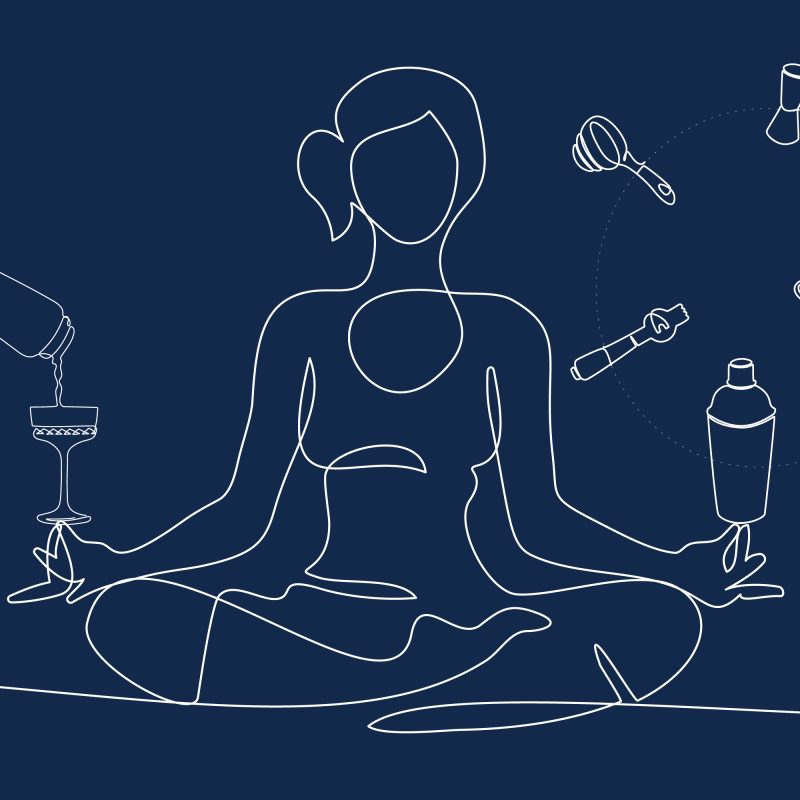
The dawn of a new year is often a time for reflection and renewal. It’s also a moment to prioritize mental and physical wellness practices. Some bartenders who put wellness foremost say that there are multiple payoffs.
Jessica Pomerantz, 2022 Speedrack winner (and Team Campari member), a bartender in South Carolina, is currently pursuing a doctorate in psychology. Juggling both bar shifts and class work has taken a toll in the past: While working towards her master’s degree, she would often work bar shifts until 4 a.m. and in class by 8 a.m.
Beyond just being tired, Pomerantz was “not as present” as she wanted to be, in both class settings and with guests. “I noticed that I wasn’t being myself,” she says. “I had a film over me that wasn’t allowing me to be who I was. I remember saying to my friends, ‘I just feel like I’m not funny anymore.’ That was really hard for me.”
A relocation to South Carolina to pursue her doctorate provided a reset. That meant giving herself goals with a priority on wellness, such as moving every day (walking the dog, going to the gym) as well as cutting back on shifts so that she had more physical energy to spare and was able to engage with others positively. The change in schedule benefited her in multiple ways. “If I can give my full attention to my bar guests two nights a week, I find it to be financially just as beneficial as working [more shifts] but being irritable and short with people,” she says.
Taking a proactive approach to mental health helps in the high-pressure environment of guest and co-worker interactions as well. Industry professionals know all too well that providing an amazing guest experience under stress can be emotionally taxing, and how easily bad moods bleed into a venue’s ambiance.
But Jessica Pomerantz has learned the importance of tracking small annoyances before they build up into something larger. When she notices that she’s irritated or short with guests or colleagues, she’ll try to write down or make a mental note of the incident, and then check in with herself later. She will ask herself about the context and why she wasn’t comfortable. “Was it something that they were doing that was a boundary of mine that I wasn’t setting?,” she says. “Was it me just being too busy and not giving time to that person effectively? What was really going on there that made me feel how I felt? A lot of times we just react and we don’t think about the reason behind our reaction, and that creates a lot of problems built on top of themselves.”
“In hospitality, we’re constantly reacting. So, making sure I make time for myself whenever appropriate really allows me to be fully present with everyone.”
She adds, “In hospitality, we’re constantly reacting. So, making sure I make time for myself whenever appropriate really allows me to be fully present with everyone.” This focus leads to genuinely better service and higher quality teamwork throughout service.
Samantha Casuga, a New York City bartender and yoga instructor, has a similar outlook. A lifelong yoga enthusiast, she began teaching classes during the pandemic lockdowns. Now she splits her time between bar shifts and teaching classes in Brooklyn.
In the months after the lockdowns, Casuga picked up a new perspective on how to use her wellness practice to best suit her. Her life before pandemic was “chaotic,” she says. “I’d be going to yoga and I would run through the class. I was probably still thinking about work and not really completely there.” The workout provided few lingering effects. “Sometimes I feel I did more by just giving myself 10 minutes to enjoy my tea than an hour of crazy workouts where I’m thinking about something else. I’d rather take the quiet time over the intense workout because I know what will bring me more peace at the end of it.”
Casuga also notes the importance of understanding one’s priorities, even when it means juggling some of the expectations that come with working in bars. “I have this nightlife and with it comes the social aspect,” she notes. “But what you learn from being a teacher, is that it’s the same act of knowing your boundaries. If I have to teach the next day, I have to be on it and make sure that I get enough sleep and that I’m not hungover.”
“If I’m in a good mental, physical and emotional space,” she says, “I have the capacity to handle other people’s energy more compassionately and empathetically.”
Before integrating a regular yoga practice and making wellness a priority, Casuga says that she was more easily irritated, with guests as well as colleagues. “If I’m in a good mental, physical and emotional space,” she says, “I have the capacity to handle other people’s energy more compassionately and empathetically.”
Dedicating time to be still, as opposed to rushing through a class, is about putting mindfulness foremost, which pays off both mentally and physically. Casuga says. “When I teach, we have certain tidbits that we give throughout the class like, ‘Claim your space. You’ve carved out this time for yourself, even if it is just taking a moment of peace.’ ”
She adds, “Yoga is really to move your body and create space in yourself. Then you can venture out into the world and be a slightly better person.”
Developing a work-life balance is always an individual process, and there is no “one size fits all” solution. It’s clear, though, that creating both boundaries and space, and integrating mindful practices (whether through stillness or movement), help lay the foundation of a more balanced life.



